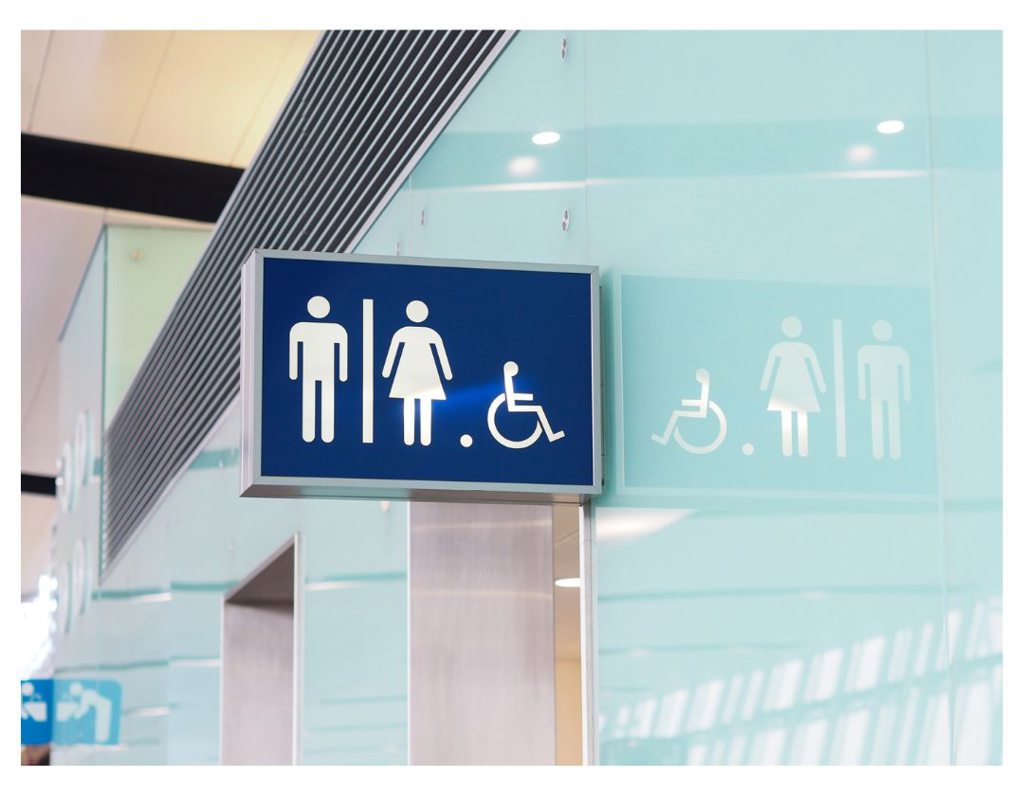
Learn Ten Ways to Keep Your Bladder Healthy as You Age
Aging changes a lot of things, but one thing that is not discussed enough is the bladder. It can be embarrassing to talk about urinary problems, but avoiding the issue might make things worse. The good news is that there are simple steps you can take right now to improve your bladder health and potentially delay or prevent issues from developing.
How does aging change the bladder?
“As you age, your bladder wall begins to change,” said John S. Banerji, MD, a urologist with Penn Highlands Urology in DuBois and Clearfield. “The bladder muscles become weaker, and the elastic tissue stiffens, making it less flexible and unable to hold as much urine as it could in the past. Moreover, holding urine in for too long, can overstretch the bladder and cause overdistension bladder injury. This can happen acutely, for e.g after anesthesia/labor, or over a period of time, like in bladder outlet obstruction due to enlarged and obstructing prostate.”
Bladder changes differ in men and women. In women, if the pelvic muscles deteriorate and lose their tone, which is common in the post-menopausal age group, or after repeated multiple vaginal deliveries, the bladder can prolapse, which means it falls out of its normal position. A prolapsed bladder can cause urinary tract infections, difficulty emptying your bladder, the urge to urinate more frequently and urine leakage (called stress urinary incontinence) when coughing, laughing, sneezing or walking.
In men, the prostate gland often grows in size with age and it can partially or totally block the bladder outlet. An enlarged prostate can cause difficulty starting urination, a weak urine stream, an inability to empty the bladder and an increased need to urinate (frequency), inability to postpone urination (urgency) and nocturia (frequent urination at night).
Ways to keep your bladder healthy.
- Do not postpone urination (do not hold it in too long) . Use the restroom whenever you need to use it. Holding urine in for too long can overstretch and weaken your bladder muscles and make a bladder infection more likely.
- Stay relaxed. While urinating, relax the muscles around your bladder and in the pelvis, which will make it easier to empty.
- Take your time. Rushing and not fully emptying your bladder can lead to a bladder infection.
- Avoid constipation. The bowel and bladder are intimately linked to each other, and constipation and irregular bowel habits can cause problems in emptying your bladder.
- Wipe from front to back. Careful wiping is especially important for women. Wiping from the front to back can prevent bacteria from getting into the urethra.
- Urinate after intercourse. During intercourse, bacteria can move from the bowel or vaginal cavity to the opening of the urethra. To lower the risk of infection, men and women should urinate shortly after intercourse.
- Exercise your pelvic floor. Also called Kegel exercises, pelvic floor exercises strengthen your muscles, which can help you hold urine in the bladder and keep it from leaking.
- Wear loose underwear. Tight-fitting pants and nylon underwear can trap moisture in the area around the urethra and promote bacteria growth. Loose underwear, preferably made from cotton, will help keep it dry.
- Avoid certain foods. Sodas, artificial sweeteners, spicy foods, citrus fruits and juices and tomato-based foods make bladder problems worse in some people. Omitting these foods from your diet may help alleviate some discomfort.
- Eat more fiber. Constipation can put added pressure on the bladder. High-fiber foods such as whole grains, vegetables and fruits, along with plenty of water, can help you stay regular.
When should you see a doctor?
While bladder problems are common as you age, it does not mean you have to suffer in silence. There are many ways to treat bladder problems, and if you are experiencing any difficulties, you should talk with your primary care provider.
Penn Highlands Healthcare delivers comprehensive urology care to the region. Penn Highlands’ board-certified urologists are highly trained to treat disorders of the male reproductive organs and the urinary tract for both males and females, including urinary incontinence, prostatitis, benign prostatic hyperplasia, overactive bladder, erectile dysfunction, prostate cancer, kidney cancer, bladder cancer and testicular cancer. To make an appointment or to learn more, visit www.phhealthcare.org/urology.

